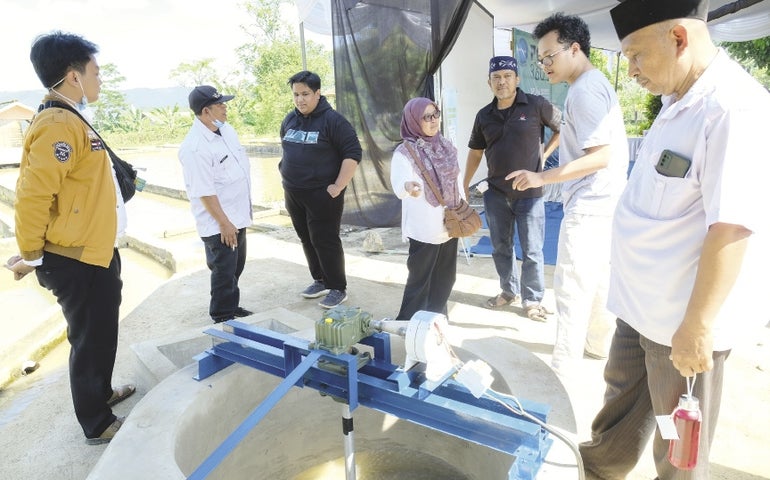A company founded by Worcester undergrads aims to supply rural communities with an inexpensive local source of electricity.
Get Instant Access to This Article
Subscribe to Worcester Business Journal and get immediate access to all of our subscriber-only content and much more.
- Critical Central Massachusetts business news updated daily.
- Immediate access to all subscriber-only content on our website.
- Bi-weekly print or digital editions of our award-winning publication.
- Special bonus issues like the WBJ Book of Lists.
- Exclusive ticket prize draws for our in-person events.
Click here to purchase a paywall bypass link for this article.
In November 2021, Worcester Polytechnic Institute freshman Kemal Rifky returned to Indonesia for his grandmother’s funeral. While back in the country where he was born and raised, Rifky met his late grandmother’s neighbor Sumarna and got a tour of the man’s fish farm.
Sumarna, who is mononymous, lives two hours outside of Sukabumi, West Java, and is one of many rural Indonesians without access to an electric grid. Rifky learned without power to run an aerator, 60% of the fish raised on the fish farm are unsellable because they die or are too small. Even if electricity was available, the cost of electricity from the grid is high.
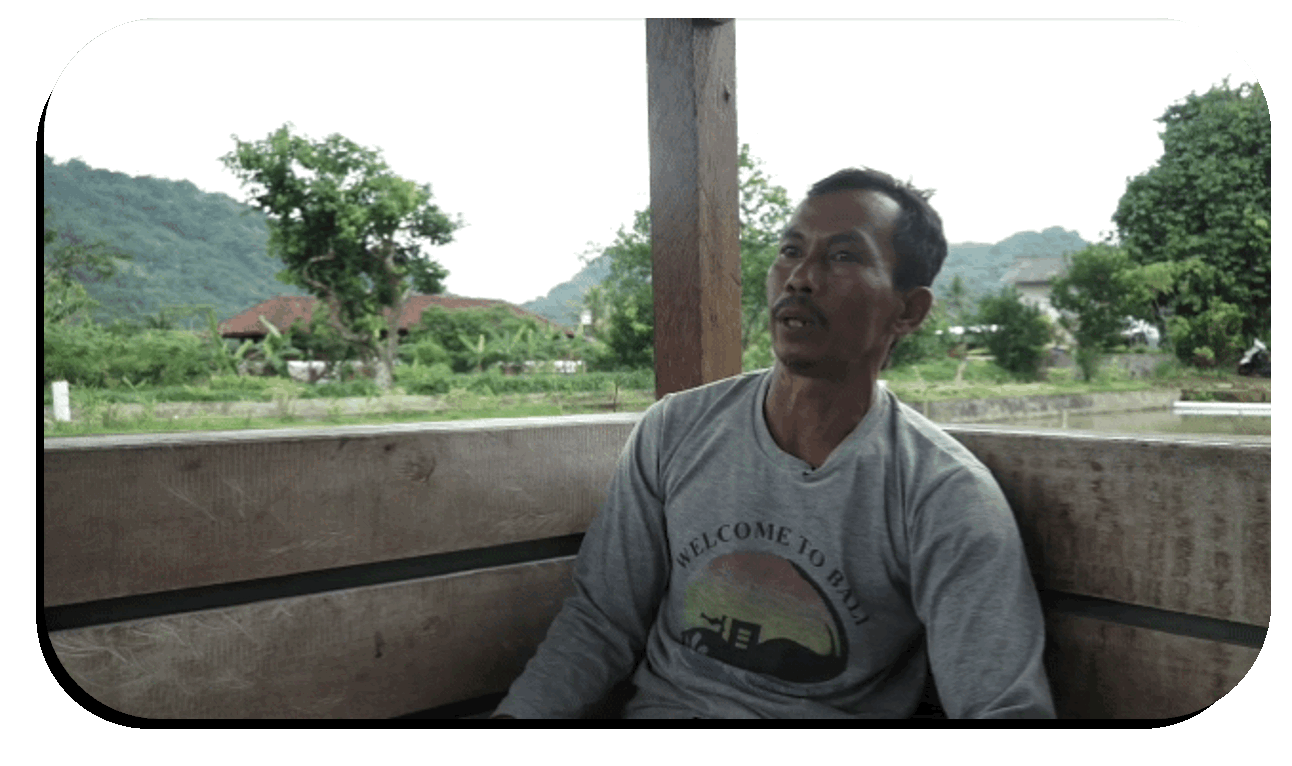
Rifky saw the irrigation canals on the farm leading to the fish pond, and a light clicked on. In high school, he had started the nonprofit Sondaicus Foundation, benefitting the Javan rhinoceroses in Ujung Kulon National Park in Indonesia, and saw an opportunity to help his country in a new way.
“I was obsessed with a type of power plant developed by a Belgian engineer, which could be built on irrigation canals and river overflows,” Rifky said. “I was thinking, ‘Hey, the perfect implementation for this type of technology would be in the developing world.’”
Upon his return to Central Massachusetts, Rifky cofounded 360energy with fellow Worcester undergraduates from WPI and Clark University. The company aims to supply rural communities with an inexpensive local source of electricity. It deployed its first system in Indonesia this summer, and the founders are looking to expand.
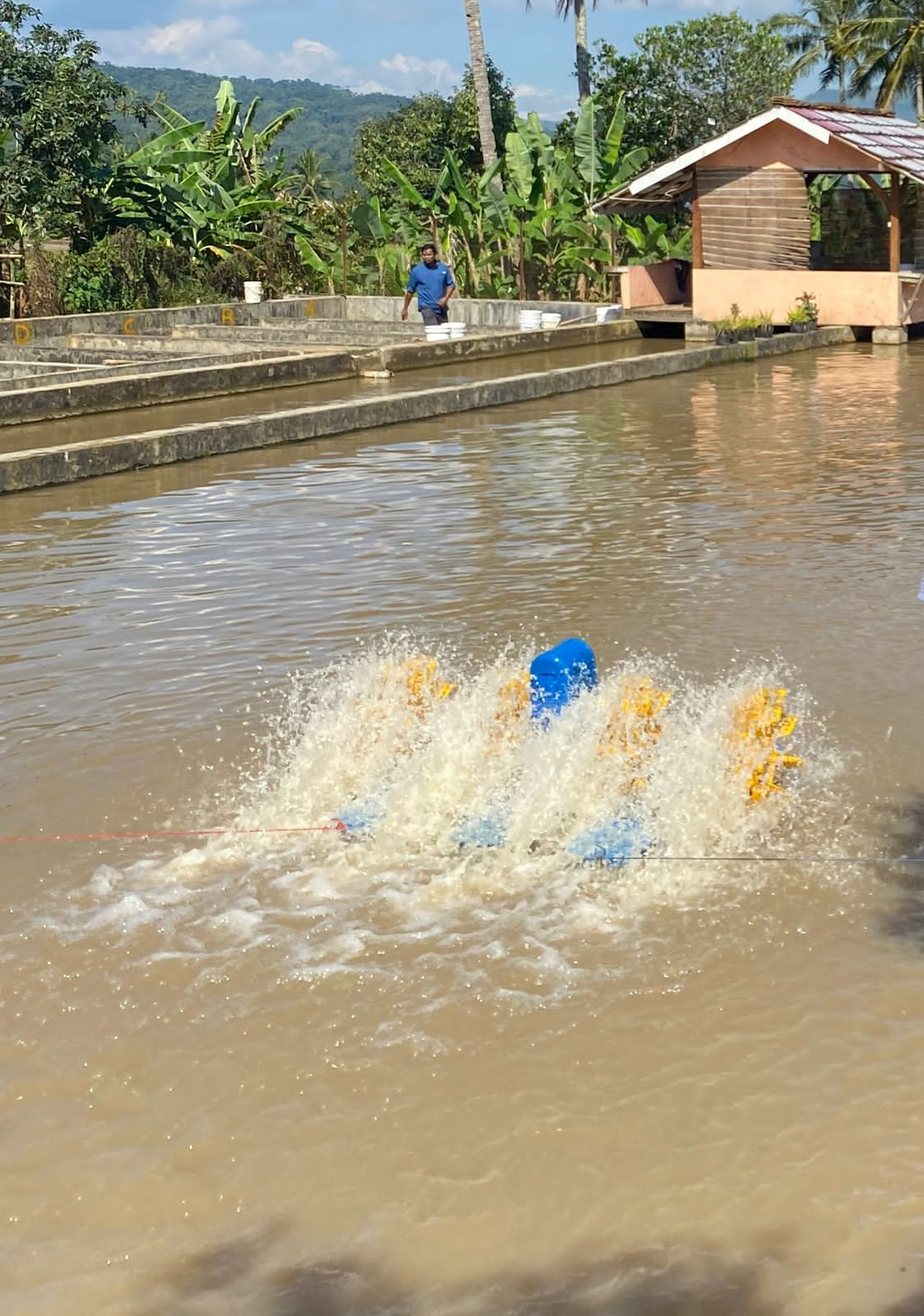
That expansion of 360energy’s business model is now relying, in part, on a system of programs available at Worcester colleges to help students and budding entrepreneurs with their startups, by offering small grants and mentorship.
“The magic comes from teamwork … That is where you have success,” said Kristie Lynn DeJesus, WPI senior director for innovation and entrepreneurship programs and academic integration. DeJesus helps lead the school’s entrepreneurship program, including the WPI Tinkerbox, which aids student entrepreneurs.
WPI, Clark entrepreneurship
From Indonesia during his winter break, Rifky applied to Tinkerbox, which was founded in 2019 with the intention of giving students access to mentorship and up to $3,000 in funding to develop student-spawned ideas.
“What we wanted to do before Tinkerbox was just an idea, right?” said Istan Slamet, a second-year robotics engineering major at WPI and co-founder and chief technology officer of 360energy. “Tinkerbox helped us to streamline exactly what we needed to do, and then they funded us for it, too.”
Rifky had met Slamet during a paper airplane competition during freshman-year orientation, and after Rifky had come up with the idea for 360energy in Indonesia, the two of them set about making his idea a reality. They recruited Clarissa Ko, a second-year marketing and entrepreneurship student at Clark University, who became the company’s chief financial officer and co-founder.
“Our beachhead market is aquaculture in West Java,” Ko said in an email. “That's why we've been working together with farmers' unions like Berkah Minah together with government institutions like the Center for Freshwater Aquaculture in Sukabumi City to start a pilot program where farmers would be able to apply for loans from rural development banks to deploy our power plant.”
The rest of the 360energy team are young engineering and marketing students around the world, including Chief Scaling Officer Russel Bradley, an Indonesian-born grad student and teaching fellow at the Massachusetts Institute of Technology in Cambridge.
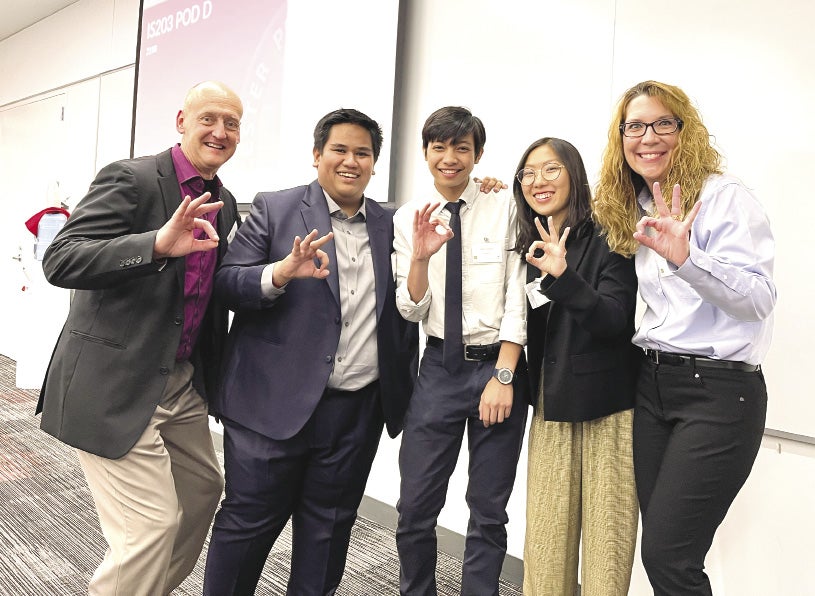
360energy has a waiting list of 20 fish farms, Ko said. Part of the next step of reaching that goal is for Ko to raise funding with the help of Clark University’s Clark Tank.
Clark Tank is part of Clark’s Entrepreneurship and Innovation program and is broken down into four sections: venture development, the app design challenge, the business plan competition, and crowdfunding campaign. The school offers a minor in entrepreneurship and education, which is the school’s second largest minor, said Teresa Quinn, Clark entrepreneurship and innovation program manager.
In April, Ko will enter 360energy into Clark Tank’s program where she will work with the crowdfunding company Give Butter to raise money for additional implementations of 360energy's technology. 360energy will seek $6,000, but Quinn said the company can raise more, based on Ko’s record of success.
As a first-year student, Ko entered three different Clark Tank competitions, where she developed an app to act as a guide to Worcester, called Scavenger Venture. Quinn said judge Christina Bai thought Ko was so strong that Bai doubled the award. Ko has been awarded $2,000 in seed funding for the app.
In addition to WPI and Clark programs, 360energy joined the MIT Sandbox venture fund for additional mentorship, networking, and funding to perform feasibility studies in Indonesia for scaling their project, future microgrid systems, and development of a remote energy monitoring system.
Difference-making technology
Based on Rifky and Slamet’s research and through the WPI Tinkerbox program, 360energy developed a system called the Guppy, a gravitational water vortex power plant producing 2 kilowatt hours of electricity, enough to run a fish farm’s aeration system, refrigeration, and lights, along with two or three other homes.
The technology is an alternative to the diesel generators most Indonesian businesses rely on, said Rifky, who is 360energy’s executive director.
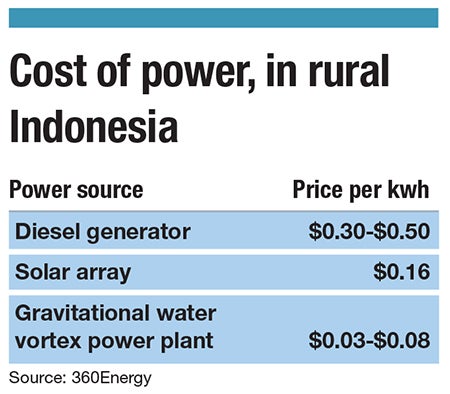
The generators and the diesel to power them are expensive. Solar is an alternative, but implementing solar technology costs 16.5 cents per kilowatt hour, said Rifky, while using the Guppy costs 3 to 8 cents per kilowatt hour.
Rifky envisions as the power grid expands into more rural areas, farmers using the Guppy device could sell surplus electricity back to the grid. The system is made so it can employ a local supply chain and can be maintained locally.
Since installing the Guppy on his fish farm, Sumarna’s yield has increased by 250%, said Rifky.
Sumarna’s village is not unusual in its lack of access to power. According to a 2021 U.N. report, 30 million of the 267 million population of Indonesia lacked adequate access to electricity.
Slamet is working on a remote monitoring system for the Guppies in conjunction with the Indonesian economic development organization IBEKA, which operates larger renewable electricity microgrids. Those could be complementary to 360energy’s projects.
Rifky looks at the big picture beyond Sumarna’s fish farm. The rural villages are home to many small and medium-sized businesses. Helping to develop these communities helps to develop the larger Indonesian economy, the 10th largest in the world, according to the World Bank. The country’s economy is expected to grow into the fourth largest in the world between 2030 and 2050.
“They’re at a tipping point in industrializing their village,” Rifky said. “These small village economies are really the backbone of the future economy of Indonesia, and I think the same model could be applied to similar emerging economies.”
Collaborating for success
The leadership team at 360energy said the company’s progress wouldn’t have been possible without the support from WPI, Clark, and the Indonesian Ministry of Energy and Minerals. This included DeJesus fighting for the group to be accepted into the Tinkerbox program.
The next step for 360energy at WPI is the innovation and entrepreneurship fellowship program, which is usually for older students or alumni. The program will give the team at 360energy further opportunities for mentorship and collaboration.
DeJesus hopes bringing the young entrepreneurs together with more experienced innovators will lead to a cross pollination of ideas, as collaboration is important for entrepreneurship, she said.
“We are able to create a platform (for 360energy),” said DeJesus, who hopes other students developing technology in the Tinkerbox program might be able to create tangential technology to help 360energy’s mission.
DeJesus admires Rifky’s ability to get people excited about the project. “His passion is palpable. You get sucked into his stories,” she said. “He has the maturity to look at the big picture.”
The students’ vision is certainly expansive, observing and acting on a problem almost 10,000 miles away from their campuses in Worcester.
